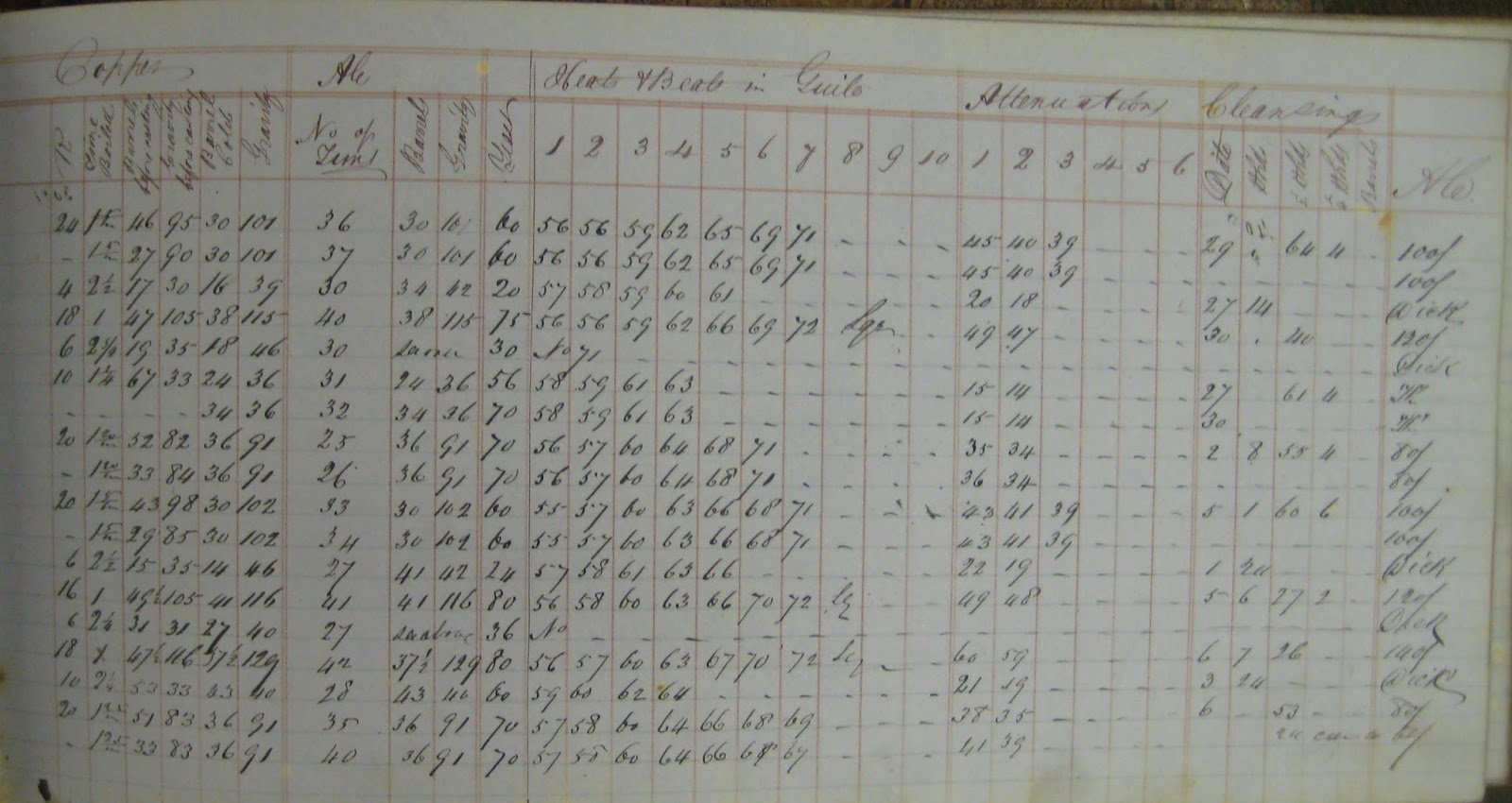How's your brewday going?
Well, we've chatted in private mail, but having received this here, I thought I'd re-report it for others to read.
It went well, I think. Kept a close eye on sanitation with only two potential flubs. This is my first beer, so I hope they're not show stoppers.
When I put the boiled wort in the SS primary, the foam (from aeration) blocked me from seeing the level indicators (gallons). Not thinking, I used my fingers to scoop the foam away, but didn't touch the primary or the wort. Realizing the danger of my actions, I used a SS spoon to scoop the surrounding foam out and toss it. The other error was pushing the airlock too hard on the stopper. The stopper dropped into the beer. (I'm SURE I'm not the first to do that! Rookie mistake.) But, it had been soaking in a StarSan solution for an hour, so I'm hoping that won't cause any problems. I fished it out with the sanitized SS spoon.
Other than that, the SG was lower than the recipe (1.068 as opposed to 1.075-1.079). Caramelization went well, but took twice as long as the recipe reported (30 minutes compared to 15 minutes). Total boil time was 1-1/2 hours, not the 1 hour reported.
Beer is in the primary in a ~50f-something environment. Internal temp (I have a thermal probe in the fermenter) is 72.5f. I'm just waiting for the yeast to kick into gear.
Flavor was nice! A strong hoppy tang with a spicy body. Carmel notes were noticeably present. It's young, so I'm curious to taste how things change post fermentation and with aging.
Thanks to everyone here who provided advice. Being my first beer, I'm eager to learn and grow through the results I get from this batch.
-Paul


































![Craft A Brew - Safale S-04 Dry Yeast - Fermentis - English Ale Dry Yeast - For English and American Ales and Hard Apple Ciders - Ingredients for Home Brewing - Beer Making Supplies - [1 Pack]](https://m.media-amazon.com/images/I/41fVGNh6JfL._SL500_.jpg)























 So you don't have to smack the new packs? I've only bought 1 smack pack and when I hit it, the bottom of the pack blew open and sprayed yeast on my leg. I haven't bought Wyeast since.
So you don't have to smack the new packs? I've only bought 1 smack pack and when I hit it, the bottom of the pack blew open and sprayed yeast on my leg. I haven't bought Wyeast since.
